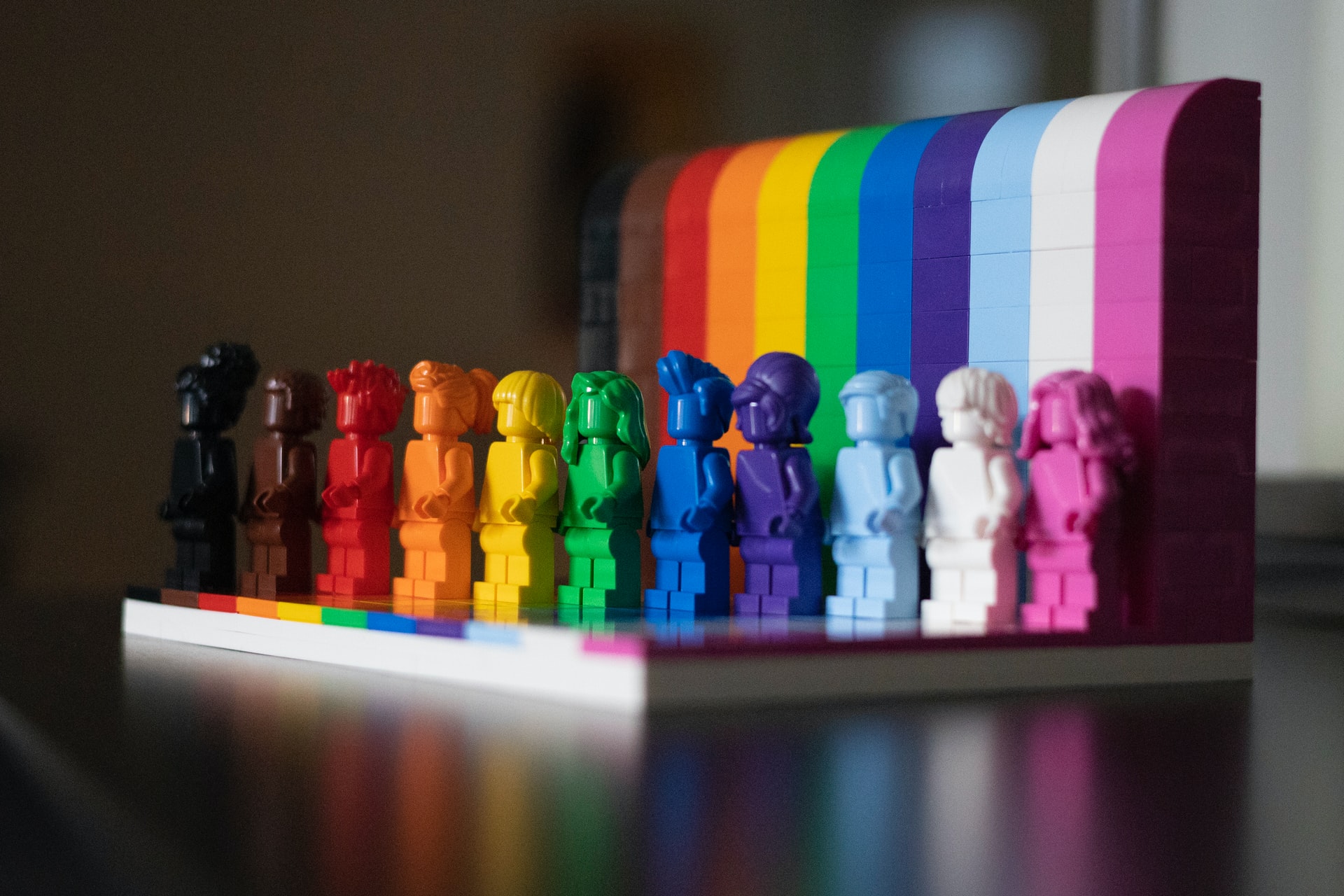Inspired by William Shakespeare’s ‘Seven Stages of Man’, from the play As You Like It.
The word parallel has an interesting connotation to it — two lines that never meet. This is the kind of parallel between two emotions that do meet for me. Shakespeare and being queer. Now that has a nice ring to it, doesn’t it?
All of us have had our separate and deeply personal struggles as we tried to come out of the closet. Coming out for every queer person takes a different shape, form and feeling. For me, it became about reading literature, so I wouldn’t have to feel the gruelling demons gnawing at my heart every single day. Therefore, today, I use literature to elaborate on my coming out process and what it means to be queer, for me.
Stage 1: An infant, honest and loud
At this stage, I was completely unaware of who I was, who I love and who I want to love. Despite this lack of awareness, as an infant, I was honest about my wants and needs — though I was not able to communicate them in so many words. I was candid and would cry out loud for my every desire, which is ironic as I lacked any awareness about what I wanted for myself.
Also read: I Have Never Been in Love
Stage 2: An ignorant teenager
In most queer people’s life, this is the stage that reeks of internalised homophobia. You lash out at those who have already found their identity, or you remain in a stage of blissful ignorance. My ignorance was coupled with the complete certainty that, “Yes, I am normal” (whatever being normal meant at the time).
When I look back, I can see a teenager in extreme denial. For some, it is because of the society they are surrounded by. For others, it is the lack of exposure to a plethora of perspectives. For me, it was both. This stage is certainly the most painful one to look back on.
Stage 3: A lover, sighing at a fleeting phase
This stage is one where I was consumingly smitten with another person and every female fictional character one can remember from 2009 (where are my yellow Power Ranger lovers at?). This love was frustratingly forbidden in the eyes of everyone I held dear. I was then left convincing myself that this is the only person “like this” that I will ever have feelings for. “It’s just her, she is the only one. It’s okay, I will like men again… right?”. A stage where you think it’s a phase, where the feelings are fleeting but are they really?
Stage 4: A solider, full of scary realisations
We’ve made it to the hardest stage in the coming out process. Coming out to yourself. It took me immense courage to say my familiar taunting thoughts out loud to myself. You are, after all, your most critical judge, right? It was full of uncomfortable feelings, unnerving thoughts, tears that can fill jars, and ultimately succumbing to who I really was – different and unique. It was identification with a label and then without one. It was the acceptance of the way that I loved. It was the one stage that required me to be most patient with myself. It was indeed a battle won, painstakingly and with tremendous effort.
Stage 5: The justice, full of understanding and doing what’s right
At this stage, I finally had the epiphany that I hadn’t treated myself right all these years. I developed more compassion and empathy towards other queer people around me. I knew what it felt like to be fighting a constant battle, one that was steeped in brutality. I started to understand how to be more caring towards myself and others. I developed a sense of protection towards my heart. I didn’t give myself away that easily anymore.
Stage 6: The risen phoenix and pretty pantaloon
I had reached my ultimate goal: comfort. I witnessed a sense of comfort, acceptance and pride for the kind of person I had grown to become. I had made it past all the trials, tribulations and burning bridges. I threw away the countless masks and endless layers I put in front of my true self and lay back with pride (pun intended). I celebrated me. I celebrated the love that I could give and receive with open arms.
Stage 7: Youth’s embrace in a childish escape
Well, well, well, if it isn’t our favourite friend nostalgia. Ultimately, as I grew older, I realised that we are all bound to look back on our coming out journey. We are bound to feel more pride as we ride the waves of June each month every year. We are all trying to educate others about our needs and be honest with ourselves about our changing identities.
Those questions of ‘Who am I?’ ‘Whom do I love?’, and ‘Whom do I want to love?’, sadly will never really have a single answer to them. The answers are dynamic and evolving every year. However, the one thing that remains constant in that endless search for identity is that pride provides all of us with a stage. A stage to be who we really are, to love who we want to, and to love as fearlessly as we can.
Discovering and re-discovering our identity is an entirely solo act of courage and no one else should get to have an opinion on our journeys. As Shakespeare rightly meant by his play, one can take it “as you like it”, because our pride will never stop, no matter what others say about it.
Stuti Singh (she/her), 20, is a second-year triple major student in English, Journalism, and Psychology from Bangalore.
Featured image: James A. Molnar / Unsplash

